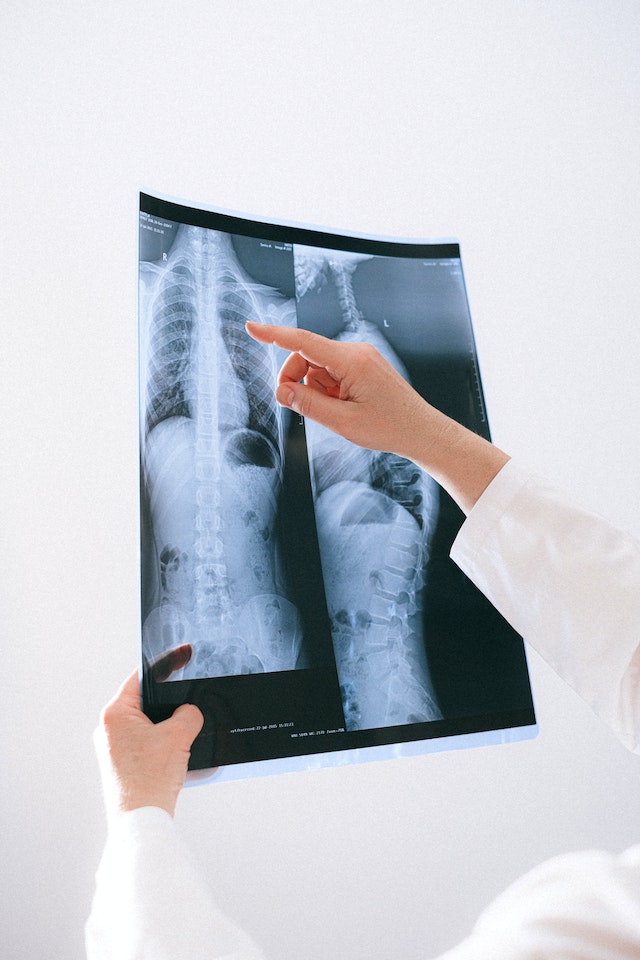Here’s some expert advice on maintaining healthy lungs and breathing better:
- Avoid smoking and exposure to secondhand smoke: Smoking is the most significant risk factor for lung diseases. Quitting smoking is the best thing you can do for your lung health. Additionally, avoid exposure to secondhand smoke as it can be equally harmful. If you need assistance with quitting, consult your healthcare provider for support.
- Protect yourself from environmental pollutants: Minimize exposure to air pollutants such as vehicle exhaust, industrial emissions, and indoor pollutants like dust, mold, and chemicals. When the air quality is poor, consider wearing a mask or staying indoors to reduce your exposure.
- Exercise regularly: Engaging in regular physical activity is beneficial for your lungs. Aerobic exercises like walking, running, cycling, or swimming help strengthen your respiratory muscles and improve lung capacity. Aim for at least 150 minutes of moderate-intensity exercise per week, or as advised by your healthcare professional.
- Practice deep breathing exercises: Deep breathing exercises can help improve lung function and increase oxygen intake. One effective technique is pursed-lip breathing, where you inhale through your nose and exhale slowly through pursed lips. This helps keep your airways open and reduces shortness of breath.
- Maintain a healthy weight: Being overweight or obese can put extra strain on your lungs and respiratory system. Aim to maintain a healthy weight through a balanced diet and regular exercise. Consult a healthcare professional or a registered dietitian for personalized guidance.
- Stay up to date with vaccinations: Vaccines can help prevent respiratory infections such as influenza and pneumonia. Talk to your healthcare provider about recommended vaccinations based on your age, medical history, and risk factors.
- Practice good hygiene: Proper hygiene, such as regular handwashing with soap and water, can help prevent the spread of respiratory infections. Cover your mouth and nose with a tissue or your elbow when coughing or sneezing to prevent the release of respiratory droplets into the air.
- Get regular check-ups: Routine medical check-ups can help detect early signs of lung problems and ensure early intervention if needed. Discuss with your healthcare provider to schedule regular check-ups and lung function tests, especially if you have a family history of lung diseases or other risk factors.
Remember, these are general tips for maintaining healthy lungs. If you have specific concerns or respiratory symptoms, it’s essential to consult a healthcare professional for a thorough evaluation and personalized advice.










